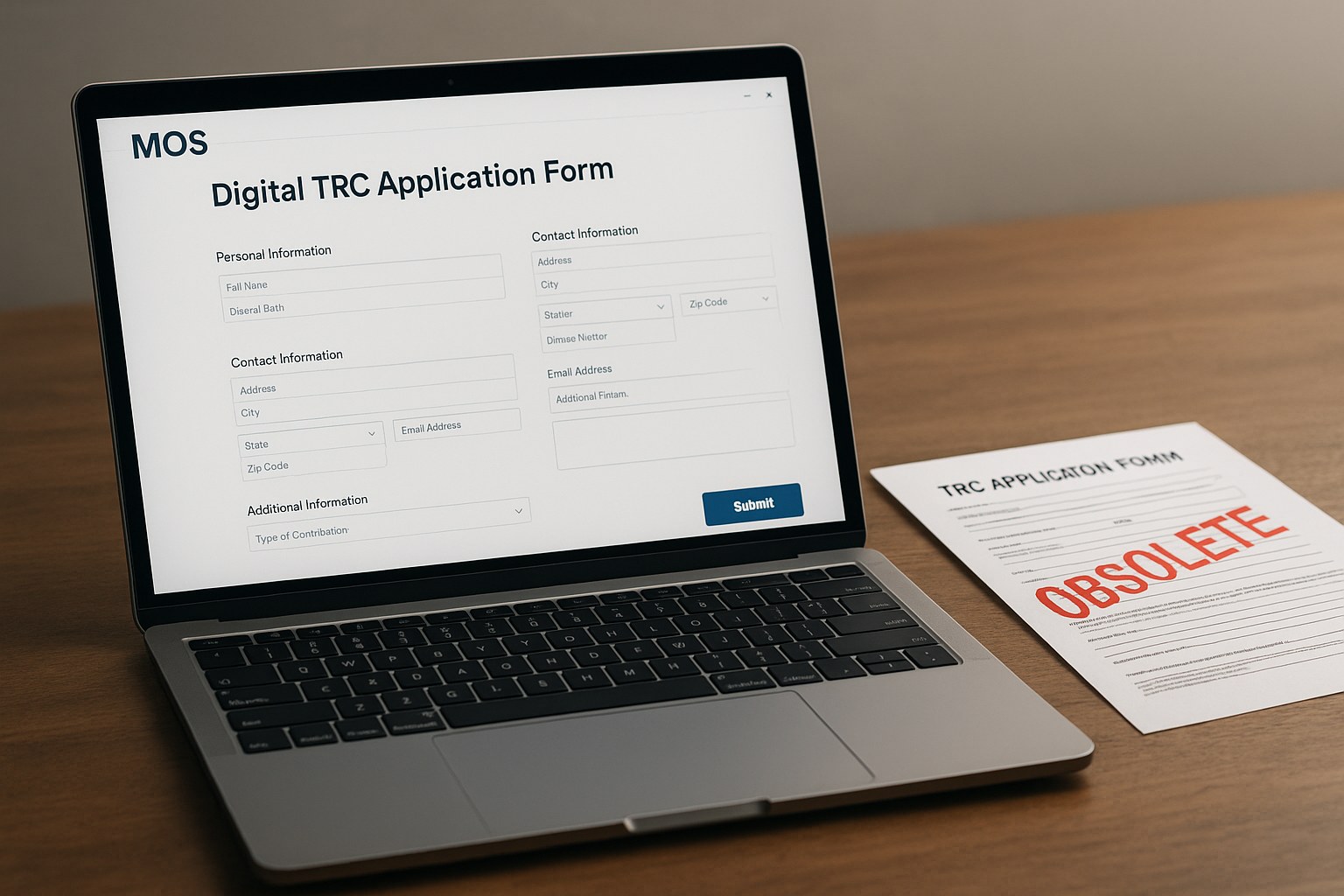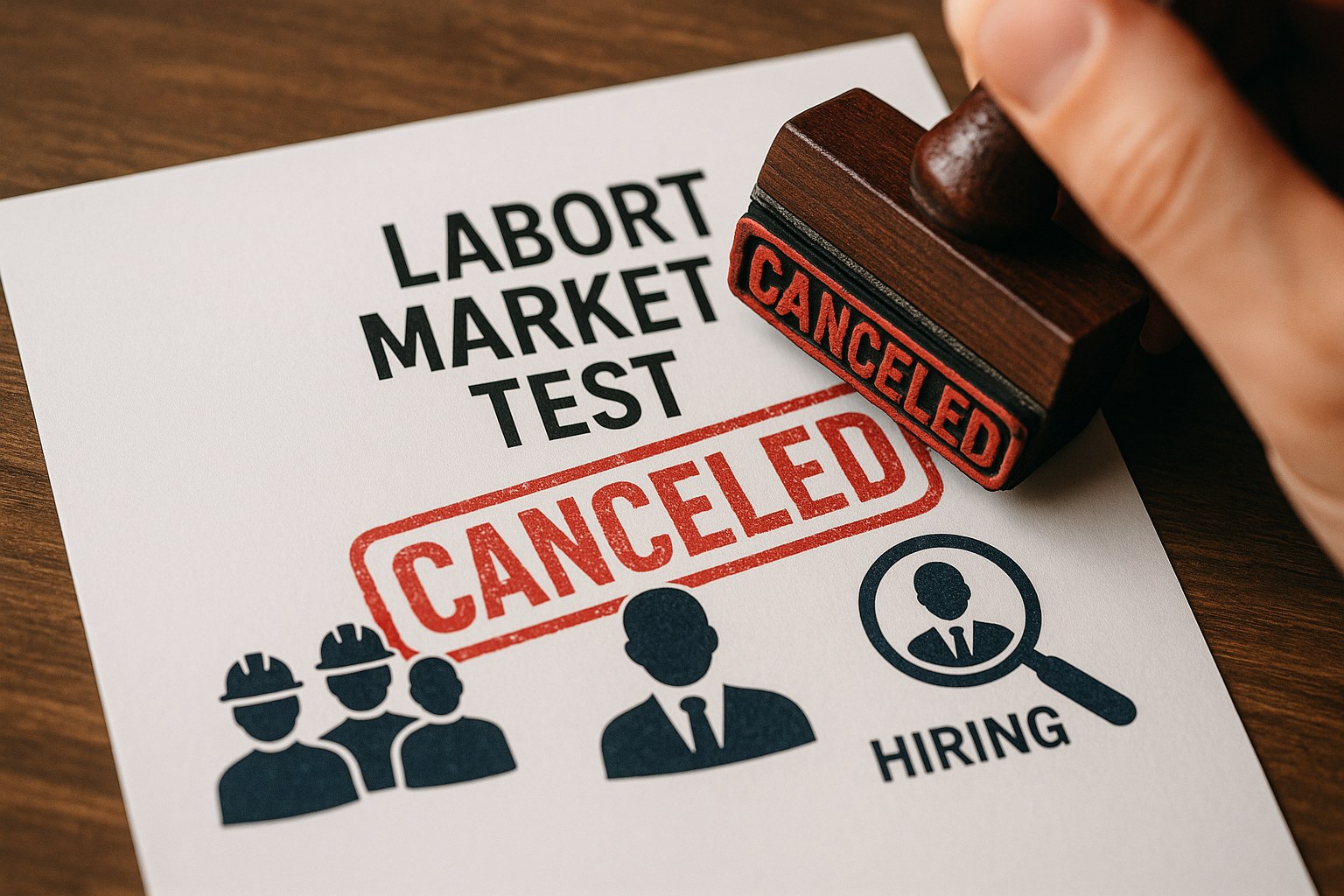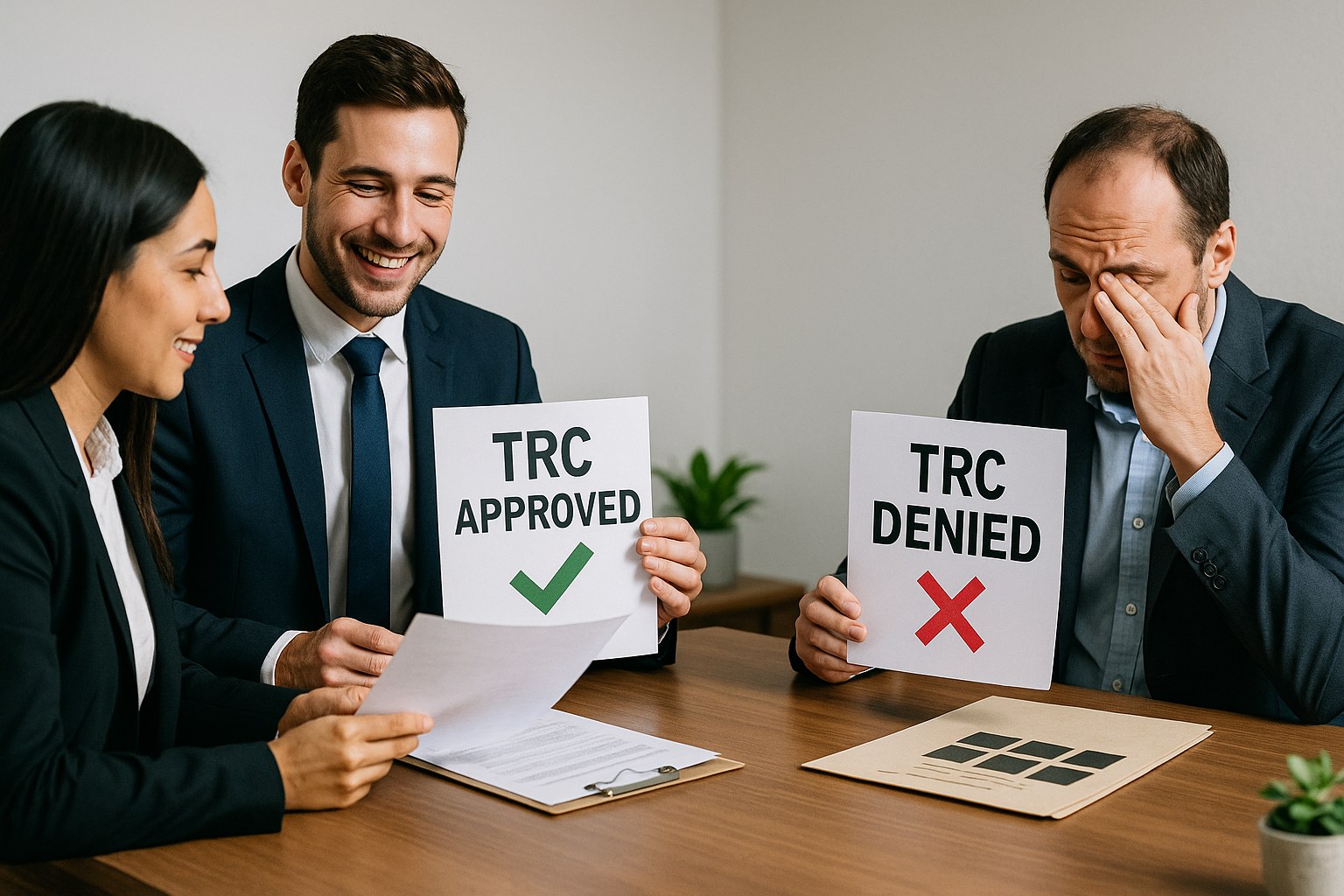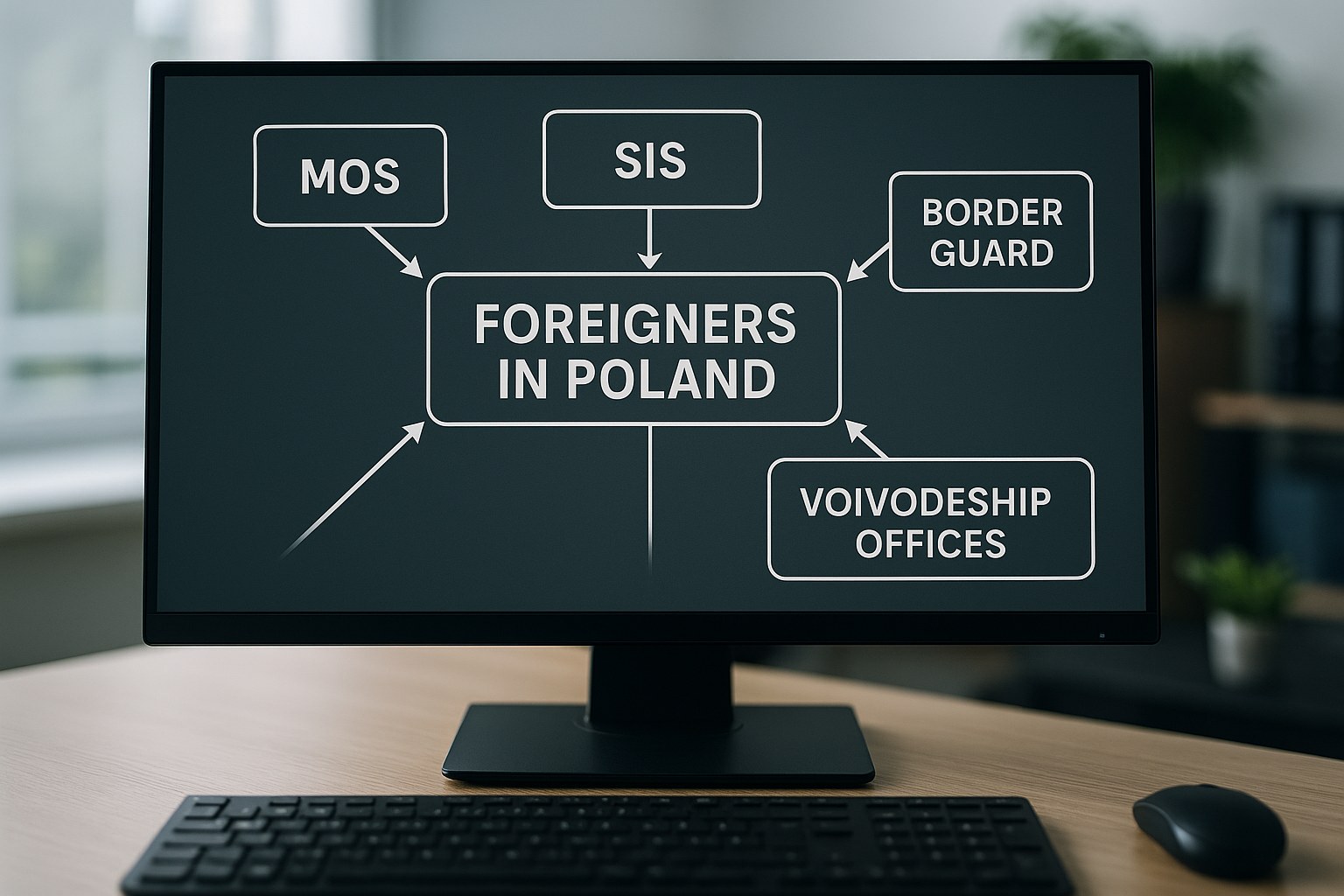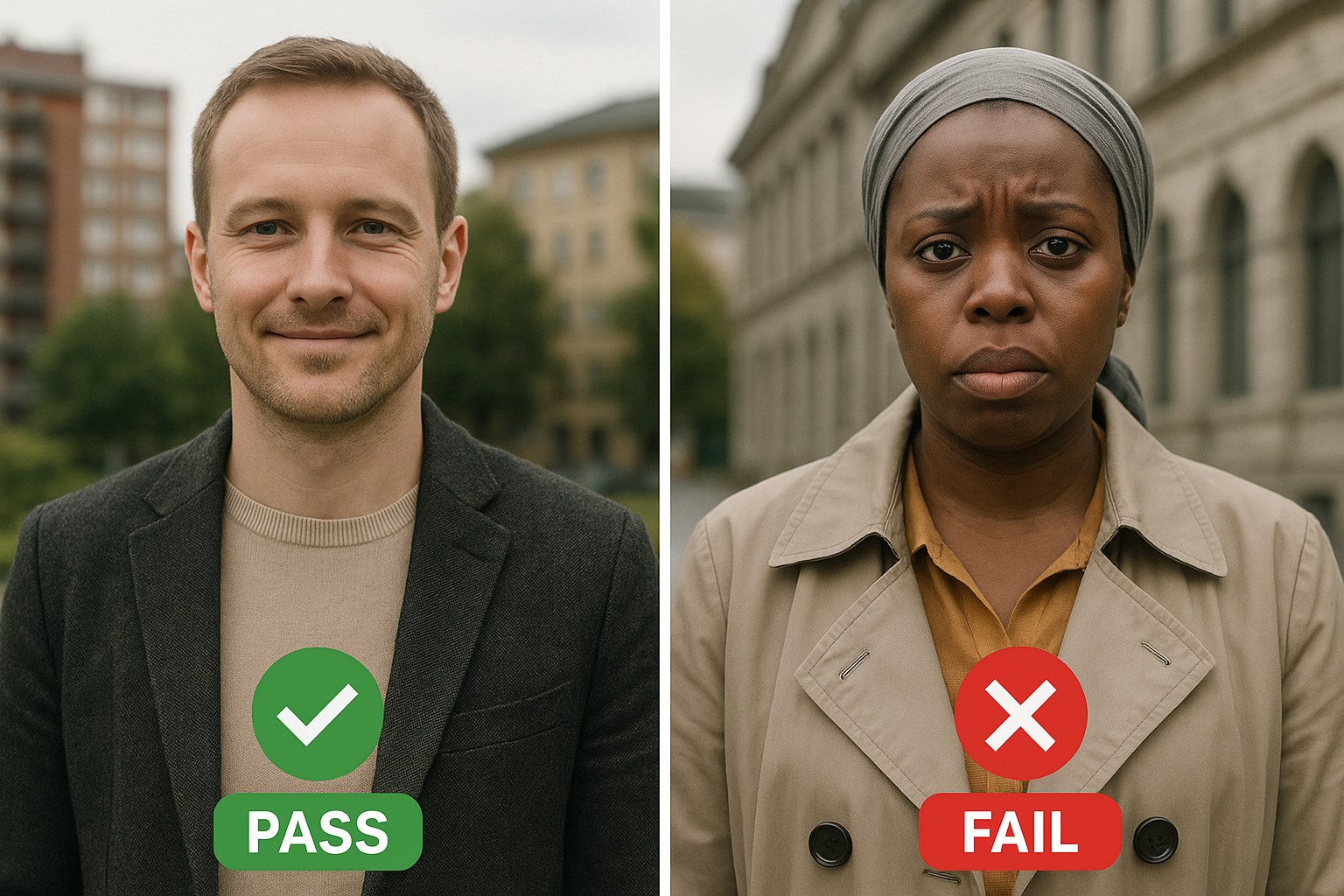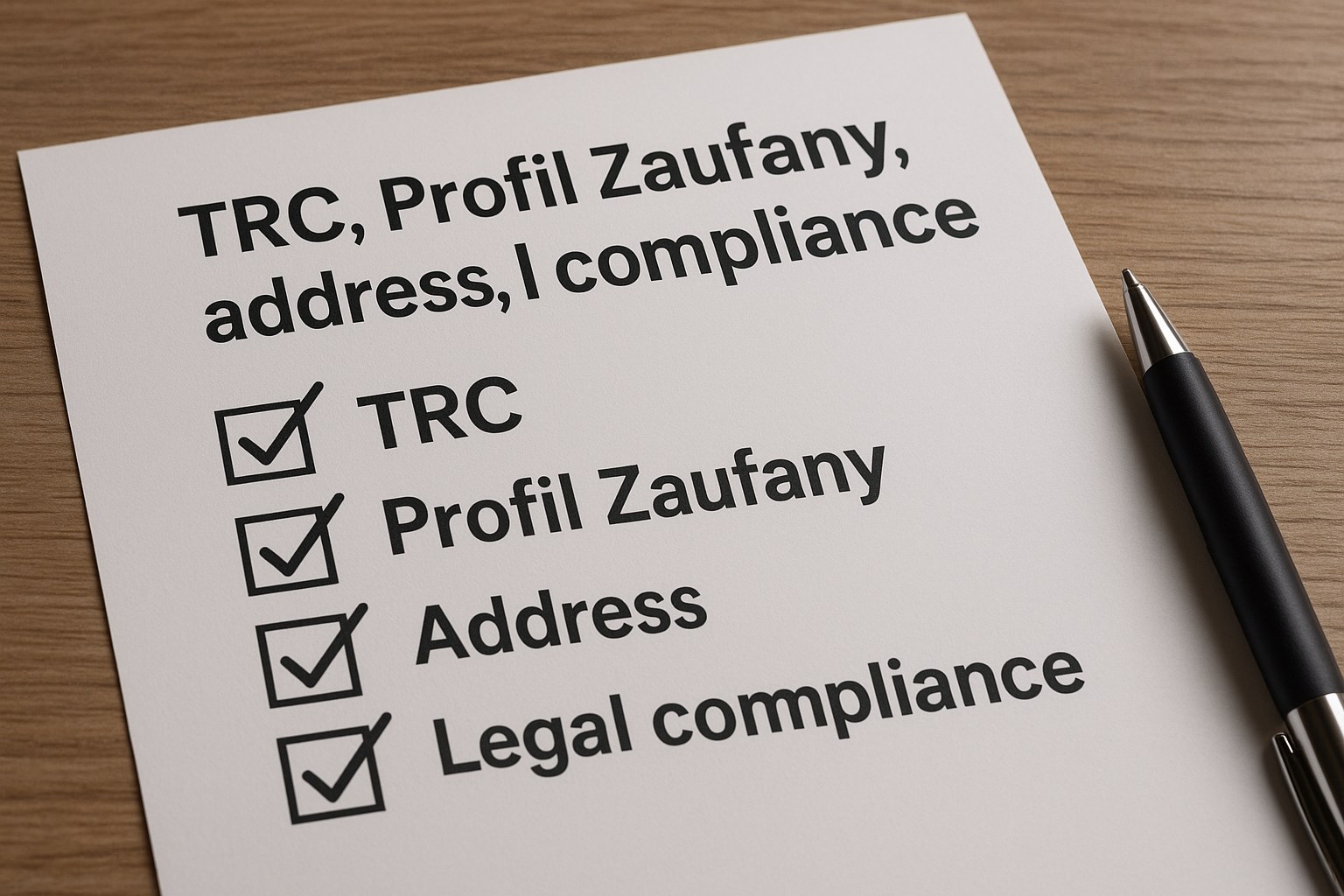How the 2025 Immigration Rules Work in Practice: 6 Foreigner Scenarios You Need to Know
While the 2025 reforms in Poland are legal and technical in nature, they have direct and immediate consequences for individual foreigners depending on their visa or TRC status. Below are five real-life scenarios adapted from the regulatory changes — each showing how the new system handles common cases.
Scenario A – Student from Vietnam at a Polish Business School
Situation:
A Vietnamese student enrolls in a private business school in Poland and receives a Temporary Residence Card (TRC) on the basis of education.
What Changes in 2025:
If the student fails to attend classes, drops out, or does not appear for enrollment at the start of the semester, the school must notify authorities via the new Central Foreign Student Register.
- The student’s TRC will be revoked immediately
- A new visa cannot be issued unless they return to their home country and apply again
Tip: Always maintain full-time enrollment. Schools are now legally obligated to report no-shows, and TRCs are tied to active study.
Scenario B – English Teacher from South Africa
Situation:
A South African citizen holds a valid TRC tied to a job at a private language school. She wants to take on a second teaching job at another school.
What Changes in 2025:
Under the new law, she must submit a new work permit application before starting the second job — even if it’s part-time.
- Working at multiple schools without updated permits is considered a violation
- It can trigger TRC revocation and future bans from the Schengen Zone
Tip: Legal changes now require each employer to be explicitly named in the permit. Get legal support before expanding work.
Scenario C – Ukrainian Woman Switching from Family TRC to Work
Situation:
A Ukrainian woman living in Poland under a TRC based on family reunification wants to change her basis of stay to work full-time.
What Changes in 2025:
She must apply for a new TRC from scratch — the law does not allow status switching within Poland for this pathway anymore.
- She must leave Poland and apply for a work-based visa from a Polish consulate abroad
- Any attempt to apply in-country will be rejected automatically
Tip: Status switching inside Poland is now tightly restricted. Plan exits and re-entry if your residence basis changes.
Scenario D – American Digital Nomad Working on a Tourist Visa
Situation:
An American citizen arrives in Poland visa-free and starts working remotely for U.S. clients while living in an Airbnb.
What Changes in 2025:
This is now a clear violation of immigration law.
- Remote work is considered employment under Polish law
- Performing work from Polish territory on a tourist visa or visa-free basis is illegal
- This can trigger a fine, blacklisting, or a ban from re-entering the EU
Tip: If you plan to live and work remotely in Poland, you need a TRC based on business, freelancing, or employment — not tourism.
Scenario E – Indian IT Professional Seeking a Blue Card
Situation:
An IT worker with 5 years of experience, no degree, and a job offer from a Polish tech firm wants to apply for a Blue Card.
What Changes in 2025:
Under the updated rules, he qualifies.
- The Blue Card now allows applicants with 3+ years of experience (no degree required)
- The job offer meets salary thresholds for shortage professions
- He can legally apply and also open a sole proprietorship (JDG) under the Blue Card rights
Tip: The Blue Card is now ideal for mid-senior professionals who want both employment and entrepreneurial flexibility.
Scenario F – American Entrepreneur Entering on Visa-Free Status
Situation:
An American citizen enters Poland without a visa under the 90-day tourist/business agreement. On arrival, he registers a JDG and prepares a TRC application based on business activity.
What Makes This Legal:
U.S. citizens benefit from a 1991 diplomatic agreement allowing visa-free entry for business purposes. Polish law permits the TRC to be filed from inside Poland as long as:
- The JDG shows lawful business intent
- The application is filed within 90 days
- The individual remains legally in Poland throughout processing
Tip: This pathway is not available to other non-EU nationals unless they first obtain a Type D national visa for business purposes.
Need Legal Help Matching Your Case to the Right Permit?
Whether you’re switching status, adding employers, or remote working — don’t guess. We offer expert, affordable guidance.
Book a Consultation Now ($50)
Explore All Permit Support Services

